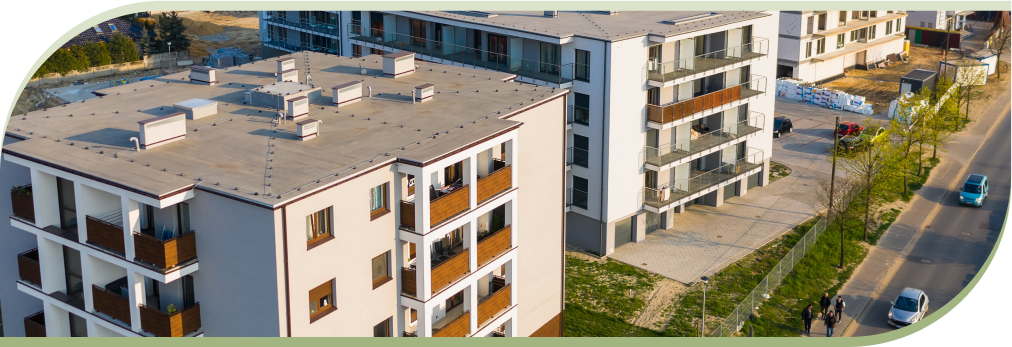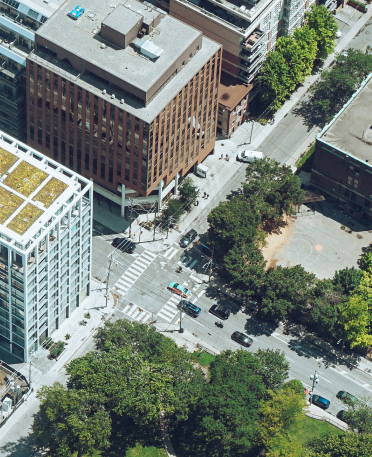


Our approach has generated an impressive $66,000,000 in utility savings for property owners.





Whether you request full-scale support or targeted initiatives, our team adapts to your journey, guaranteeing a personalized approach to achieving your goals.




Investing in energy-efficient, cost-cutting improvements presents a compelling opportunity for property owners. Our services enhance financial performance through reduced utility expenses, increased Net Operating Income (NOI), and improved loan proceeds. The outcomes extend beyond direct financial gains, positively impacting tenant satisfaction, fostering stronger investor relations, and boosting ESG scores – all contributing to the elevation of your sustainable brand.

ecofi’s team specializes in optimizing financing for property owners seeking green improvements. Our dedicated team covers solutions ranging from qualifying for Green Loans, to local, state, and federal utility rebates and incentives. Additionally, we offer shared savings plans for qualified owners who opt not to make the upfront capital investment.

Rely on us as your dedicated single point of contact nationwide.
Since 2012, we have serviced over 500 properties across 150+ cities, developing a vast database that positions us as local experts, nationally.





And we have the numbers to prove it.

Amount our partners have saved.

Units Upgraded

kWh of energy saved

Gallons of fresh water saved

Metric tons of co2 saved